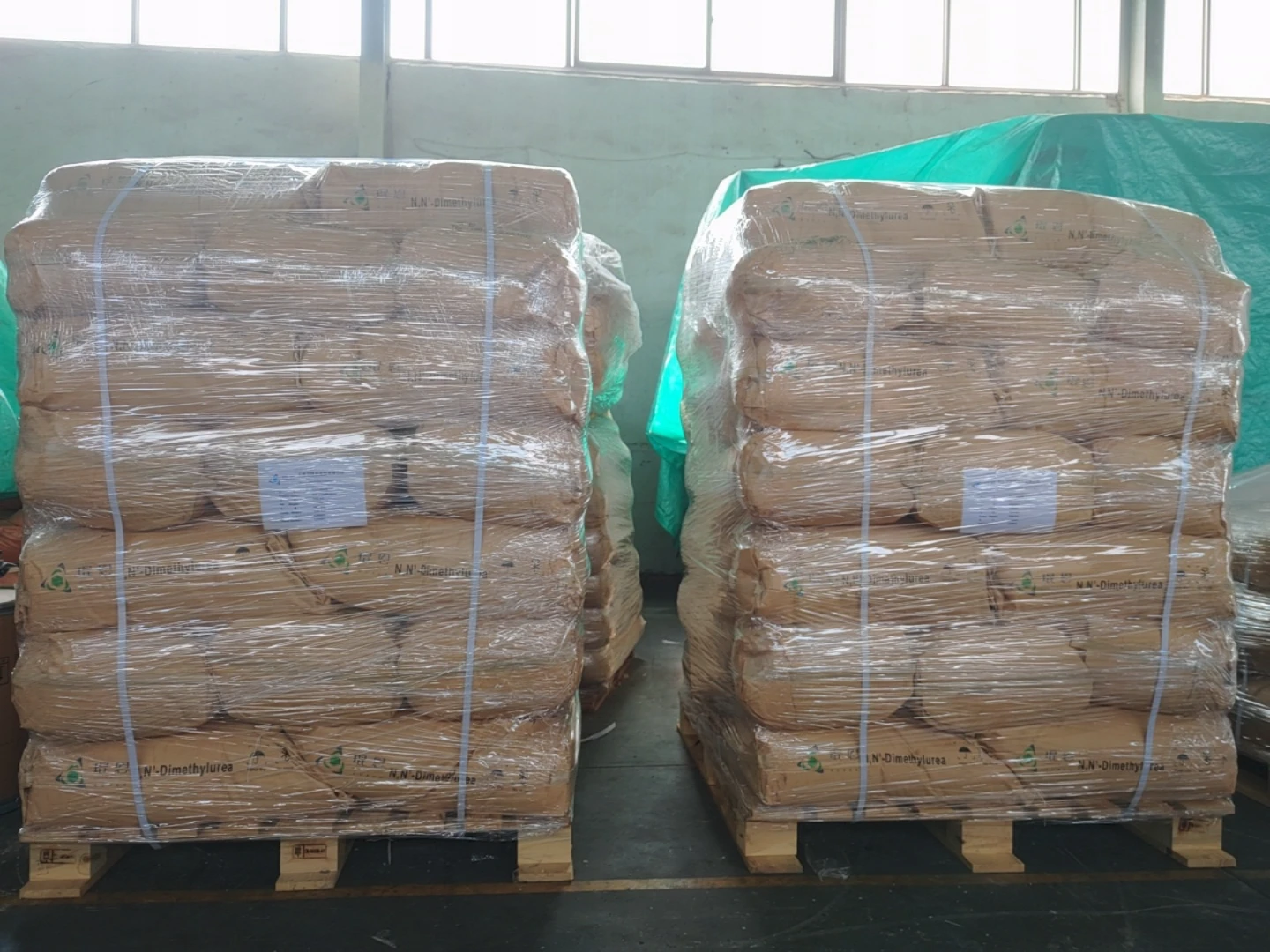Chemical Treatment for Chilled Water Systems Ensuring Efficiency and Longevity
Chilled water systems are critical components in many HVAC (Heating, Ventilation, and Air Conditioning) applications, particularly in commercial buildings, hospitals, and industrial facilities. These systems, responsible for cooling large spaces, rely on effective heat exchange processes to maintain comfortable environments. However, the performance and longevity of chilled water systems can be greatly affected by the presence of contaminants and scales within the water, which is where chemical treatment comes into play.
Understanding the Need for Chemical Treatment
Over time, chilled water systems can accumulate mineral deposits (scale) and biofilms that can obstruct heat exchangers and reduce overall system efficiency. Furthermore, the presence of bacteria, algae, and other microorganisms can lead to corrosion and foul odors, making the treated water unsuitable for use. To mitigate these issues, chemical treatment is essential to maintain optimal operational performance, enhance energy efficiency, and extend the lifespan of the equipment.
Common Chemicals Used
1. Corrosion Inhibitors These are chemicals designed to minimize corrosion within metal components of chilled water systems. They work by forming a protective film on the surfaces, which helps prevent the oxidizing agents from interacting with the metal. Common examples include phosphates, nitrites, and silicates, each chosen based on the specific metals involved in the system.
2. Scale Inhibitors Scale formation can drastically reduce the efficiency of heat transfer in chilled water systems. Scale inhibitors, such as polyphosphates and dispersants, prevent the precipitation of minerals that can form deposits and block passages within the system, ensuring smooth water flow and heat exchange.
3. Biocides To combat microbial growth, biocides are introduced into the system. They effectively eliminate bacteria, algae, and fungi, helping maintain sanitary conditions. Chlorine, bromine, and non-oxidizing biocides are commonly utilized, depending on the specific requirements and conditions of the chilled water system.
chemical treatment for chilled water system

4. pH Adjusters The pH level of the water can significantly affect the performance of corrosion inhibitors and the solubility of certain mineral scales. Adjusters such as acetic acid or sodium hydroxide are often used to maintain an optimal pH range, further enhancing the effectiveness of the chemical treatments.
Monitoring and Control
Implementing chemical treatments requires diligent monitoring to ensure the right balance of chemicals is maintained. This involves periodic testing of water samples to assess factors like pH, conductivity, and the concentrations of various chemicals. Automated monitoring systems can facilitate this process, allowing for real-time adjustments and preventing potential issues before they escalate.
Benefits of Chemical Treatment
The advantages of employing chemical treatment protocols in chilled water systems are substantial. Firstly, they help prevent equipment failure and costly repairs by minimizing corrosion and scaling. Secondly, systems that are well-maintained through chemical treatments demonstrate improved energy efficiency, as the heat exchangers operate more effectively without obstructing deposits. Consequently, this can lead to lower energy costs and reduced environmental impact.
Additionally, regular chemical treatment contributes to a healthier environment within the building by mitigating the growth of harmful microorganisms and ensuring that the chilled water remains clean and clear.
Conclusion
In conclusion, the application of chemical treatment in chilled water systems is paramount for achieving efficiency and ensuring longevity. By employing a well-structured chemical treatment strategy, facility managers can protect their systems, optimize performance, and ultimately create a more comfortable environment for occupants. As technology continues to evolve, the methods and products used in chemical treatments will likely improve, providing even more robust solutions for maintaining the integrity and efficiency of chilled water systems.

